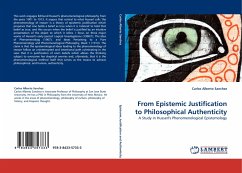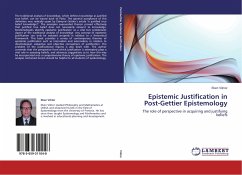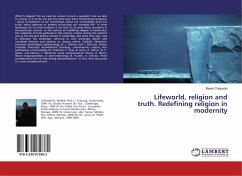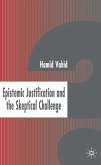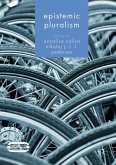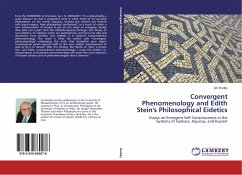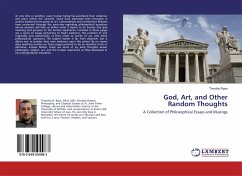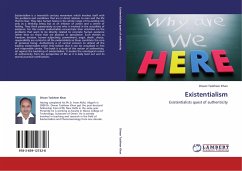This work engages Edmund Husserl's phenomenological philosophy from the years 1901 to 1913. It argues that central to what Husserl calls 'the phenomenology of reason' is a theory of epistemic justification which proposes that one holds a belief as true when it is 'rational' to hold that belief as true, and this occurs when the belief is justified by an intuitive presentation of the object to which it refers. I focus on three major works of Husserl's early period: Logical Investigations (1900/1), The Idea of Phenomenology (1907), and Ideas Pertaining to a Pure Phenomenology and Phenomenological Philosophy, Book 1 (1913). The claim is that the epistemological ideas leading to the phenomenology of reason follow an uninterrupted and intentional path culminating in the view that it is justification of one's beliefs which allows the thinking subject to overcome her skeptical worries and, ultimately, that it is the phenomenological method itself that serves as the means to achieve philosophical, and human, authenticity.

